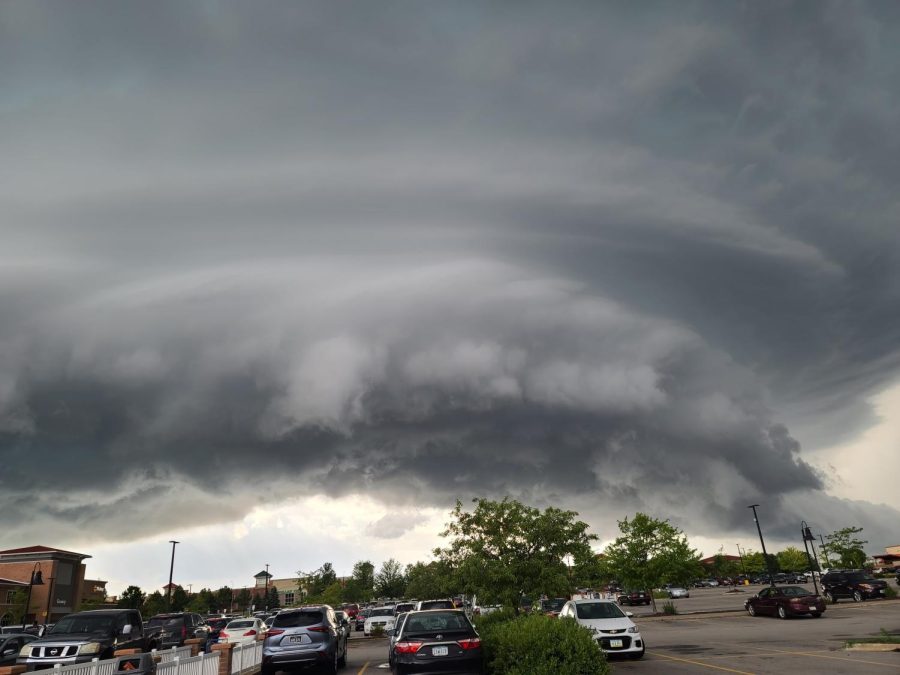How to Prepare for Tornado Season in Iowa
Photo by Rebecca Beaman
Iowa storm season has started out deadly, with two fatal tornados hitting Winterset within the past month. While unpredictable weather cannot be mitigated, here are some tips to prepare and stay safe as we enter into tornado season.
Often we have a slight warning of incoming weather and have the time to take action, however, weather is commonly unpredictable. Dallas County Emergency Management has created a program to notify you of the latest weather updates and emergency alerts. This program is Smart911, and you can register for it by doing one of the following; visit: http://bit.ly/DallasAlertIowa, download the smart 911 app, or text DALLASIA to 672-83. If you have any questions visit Dallas County Emergency website (found here) or contact them. The best thing to do in inclement weather is to move to a basement or interior room. The best overall goal during incline weather is to avoid windows and put as many walls between you and the outside of your location. If find yourself in a vehicle during a storm do not park under a bridge, underpass, or stop in the middle of the road, as it is extremely dangerous to yourself and others. The best thing to do is to stop in a safe place and seek shelters, such as a police station or selected storm shelter location. In the case, you find yourself somewhere this is not the case and are experiencing tornadic activity, you are never safe outside. During a thunderstorm, you are safe in a hard-top vehicle than outside with no cover. When watches are issued be prepared that bad weather may occur in your area while warnings are issued when bad weather is destined to happen and to seek shelter. However, the best thing to do is prepare. A great way to prepare is to create a weather preparedness bag that contains things you can grab prior to seeking shelter. It’s ideal to keep this in your car, basement, or close to your storm shelter area.
Recommended supplies to include:
- Backpack or storage tub to hold supplies
- Bottled water ( one gallon per person is recommended)
- Non-perishable food
- If you include canned foods, a can opener is required
- Flashlight with extra batteries
- First-aid supplies (Bandaids, ointment, and disinfectant wipes)
- Tissues
- Toilet paper and bags with ties for personal sanitation
- Paper, pen, and pencil (for games and to take notes)
- Sleeping bag and a warm blanket (one per person)
- Tools to turn off utilities
- Personal hygiene items
- Important documents (identification, insurance information, banking information, wills)
- Battery-powered radio, and an NOAA weather radio
- A change of clothes (for each person)
- Emergency reference book (Such as a first aid book)
- Extra materials for your pets
- Plastic sheeting and duct tape to shelter in place
- Rain gear
- Cards or games
- Especially have close-toed shoes (you don’t want to be walking in storm debris in sandals)
While severe weather conditions cannot be prevented or predicted, you can be prepared for them by having an emergency kit and plan. Overall when it comes to weather a good rule of thumb is to seek shelter whenever severe weather is deemed imminent, and follow local recommendations.




